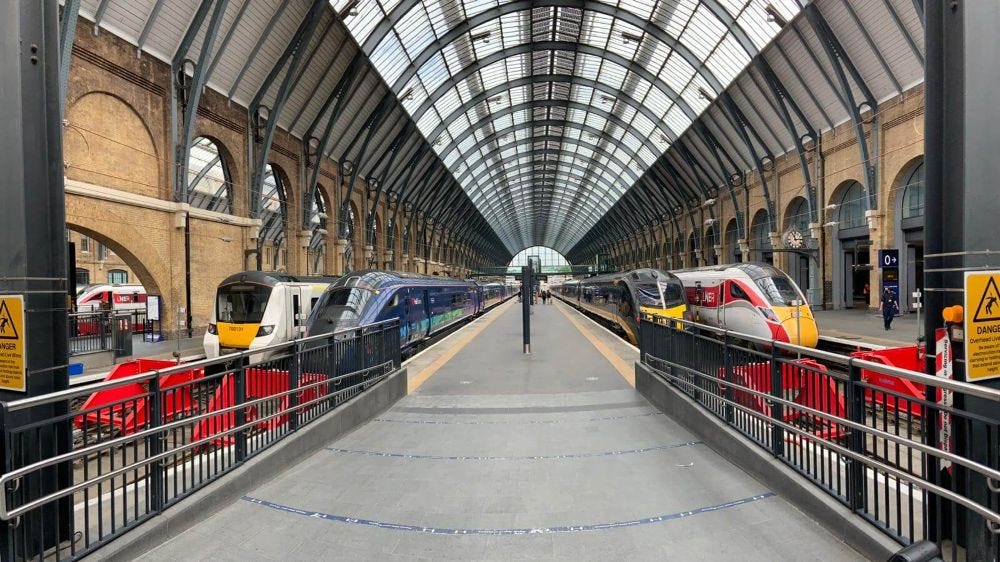NEWS.CATEGORY: Political
TSSA plans ‘contingency strategies’ to combat anti-strike law

TSSA has declared it would ‘prepare appropriate contingency strategies’ to combat the Westminster government’s ‘Strikes (Minimum Service Levels) Bill’ which is now in its final stages before becoming law.
TSSA considers the legislation, to impose minimum levels of service across the public sector during industrial action walkouts, to be both unworkable and draconian.
At TSSA’s annual conference, being held in Cork, delegates agreed to ‘prepare appropriate contingency strategies to be pursued in the event of industrial disputes in order to minimise their [minimum service levels] impact on the effectiveness of industrial action’.
Commenting, TSSA Interim President, Marios Alexandrou said: “In making this decision our Conference has reflected not only the serious concerns of our membership but the entire union movement about the imposition of minimum service levels.
“This foolish legislation is an outright attack on working people because the imposition of minimum levels of service across the public sector during industrial action walkouts is both totally unworkable and draconian.
“In effect this would see some trade union members forced to continue working during strikes, undermining a basic human right of being able to withdraw their labour.
“No one should be put in that position for trying to win a better deal at work. Therefore, it’s quite right that our union makes it clear to government that until this is repealed we will ensure we have contingency strategies in place.”
The full motion can be read below
Anti-Trade Union Laws and Minimum Service Levels
That this Conference condemns the Government’s authoritarian approach to resolving industrial disputes in the rail industry by seeking to limit the right to strike and its effectiveness, rather than talking to rail unions and negotiating settlements.
Conference especially condemns the proposals for minimum service levels in what the Government has identified as key public services including rail. Conference notes that the DfT’s own impact assessment of this measure highlights the risk that minimum service levels plans could increase the frequency of strikes and industrial action short of a strike.
It is notable that Andrew Gilligan, former transport adviser to Boris Johnson, has chosen to highlight the risks of there being more action short of strikes including a refusal to work overtime or take on additional duties that keep the railways running, contradicting Tory Party Chair Jake Berry who suggested that minimum service levels would make rail chaos a thing of the past.
Conference believes that any minimum service levels in the rail industry dictated by law would probably be unworkable.
Conference agrees with the view of the TUC and others that minimum service levels are unlawful. Conference instructs the EC to:
a) campaign with rail unions and the TUC against the imposition of minimum service levels in the rail industry, and
b) should minimum service levels become law, prepare appropriate contingency strategies to be pursued in the event of industrial disputes in order to minimise their impact on the effectiveness of industrial action.
